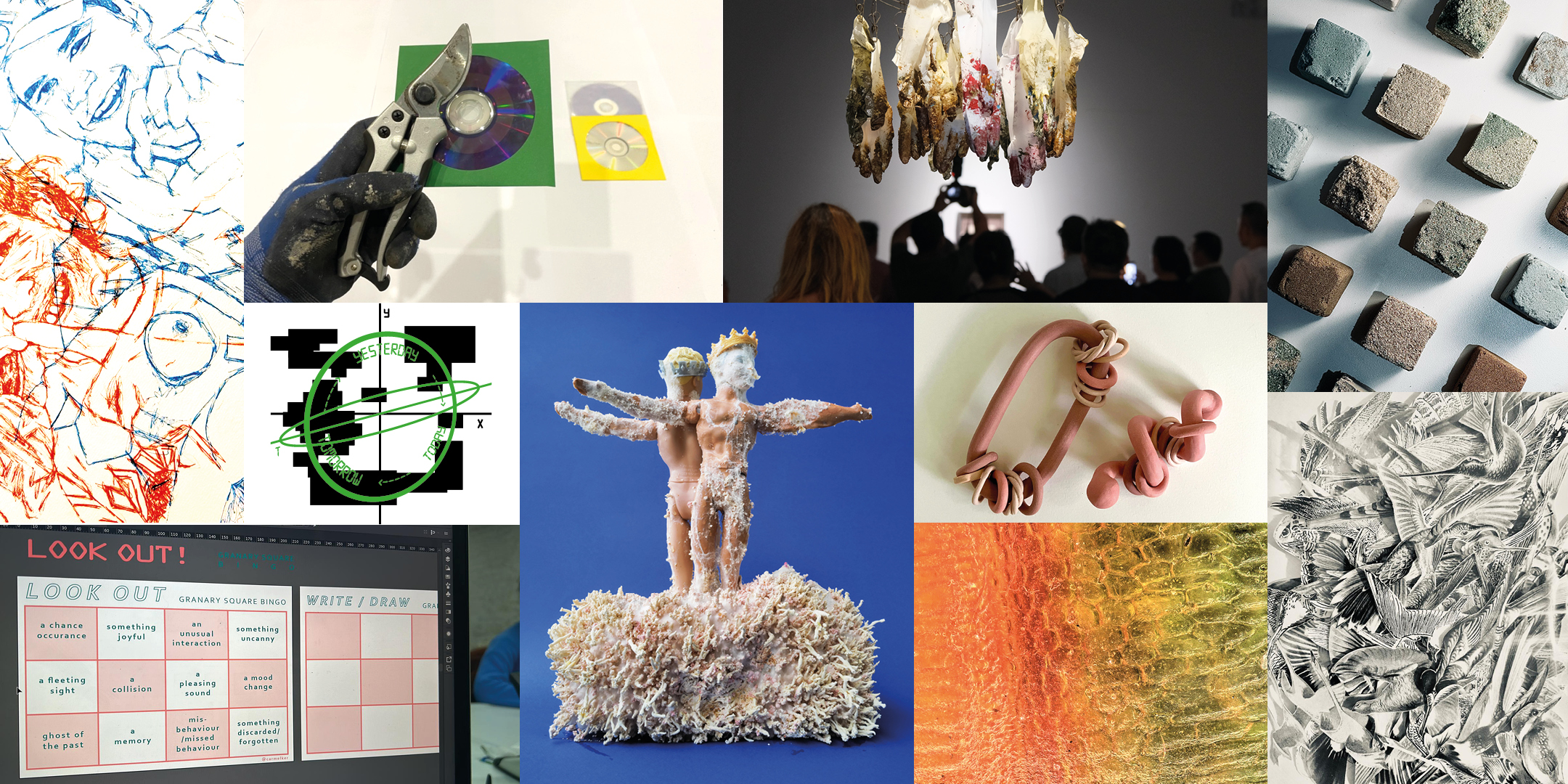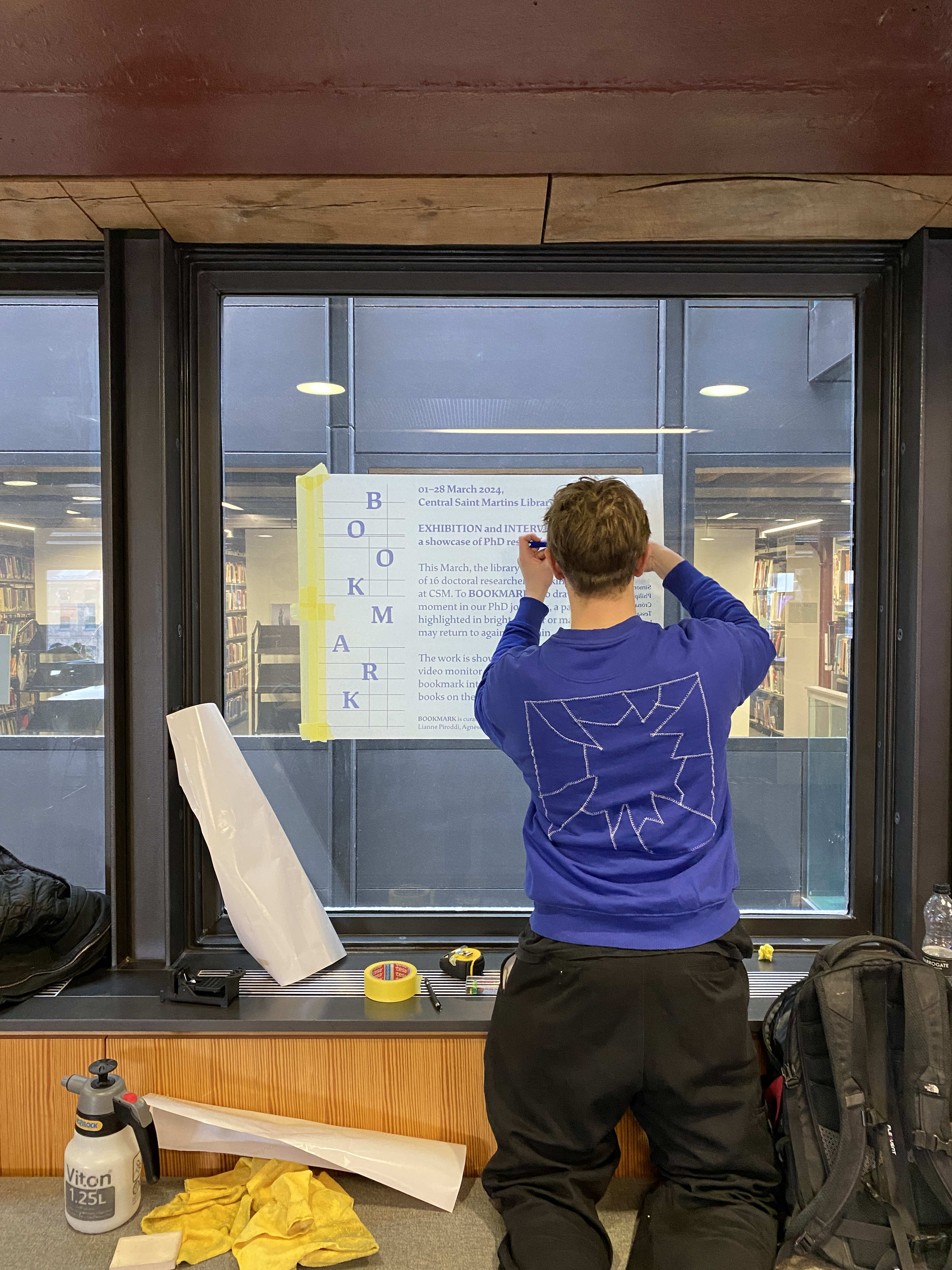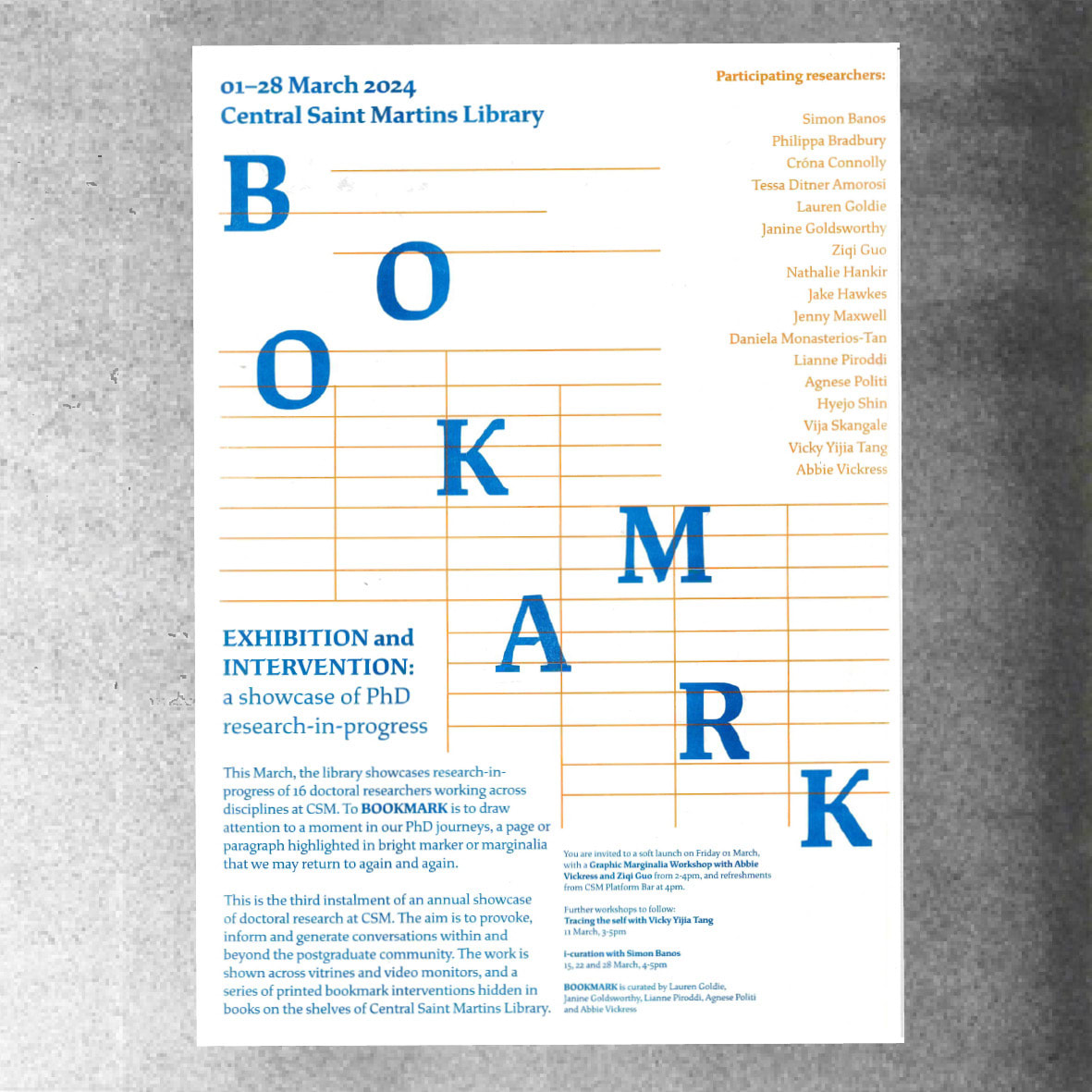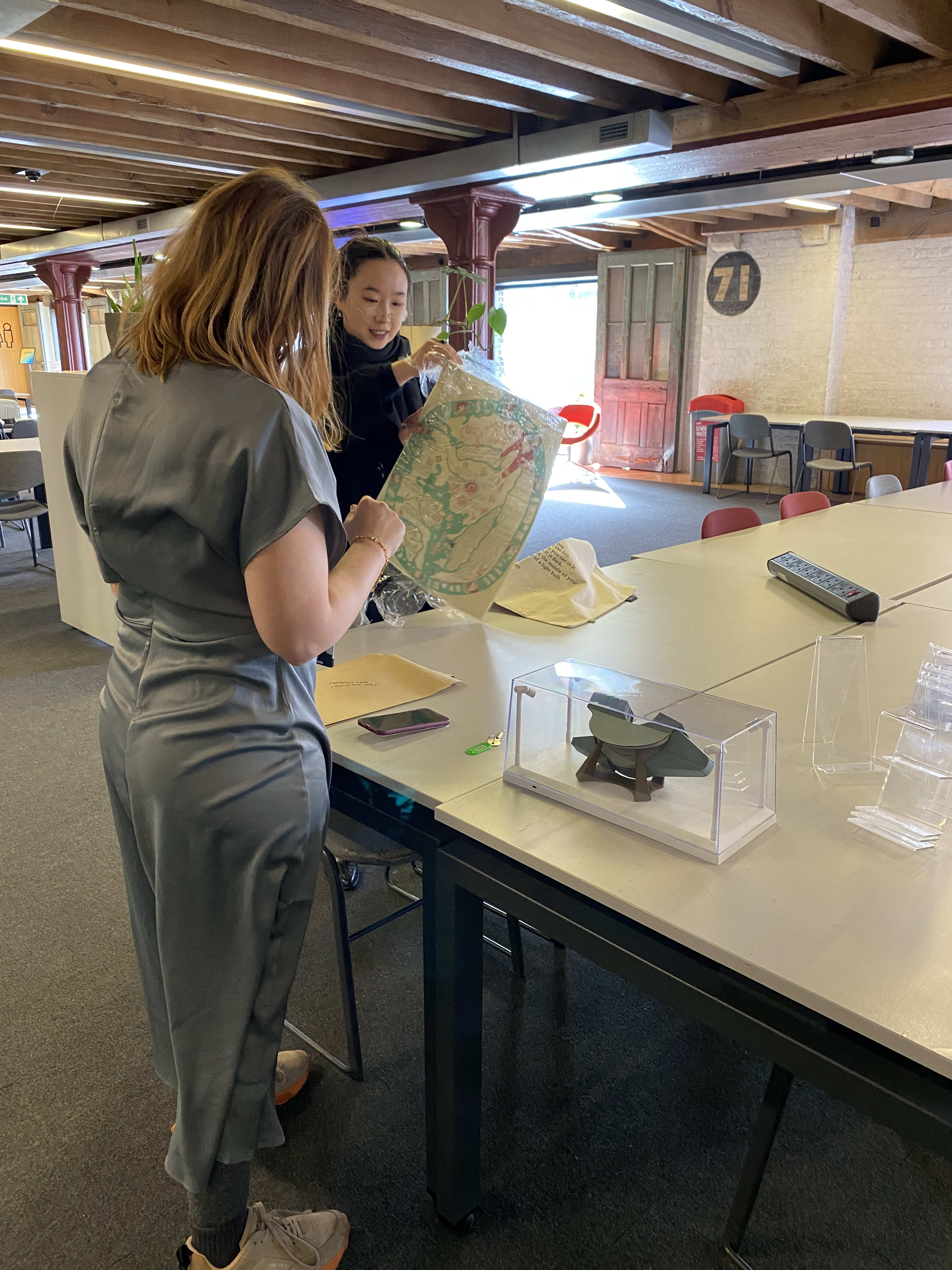A retrospective look at the one-day event that transformed CSM's Street into a playground for artistic research.
In the heart of Central Saint Martins, the college’s street, usually a thoroughfare of hurried students and staff, transformed into what organizers called a "Play-Ground." For ten continuous hours, from morning until evening, 17 PhD researchers invited their community to do something radical in academic circles: to play.
-
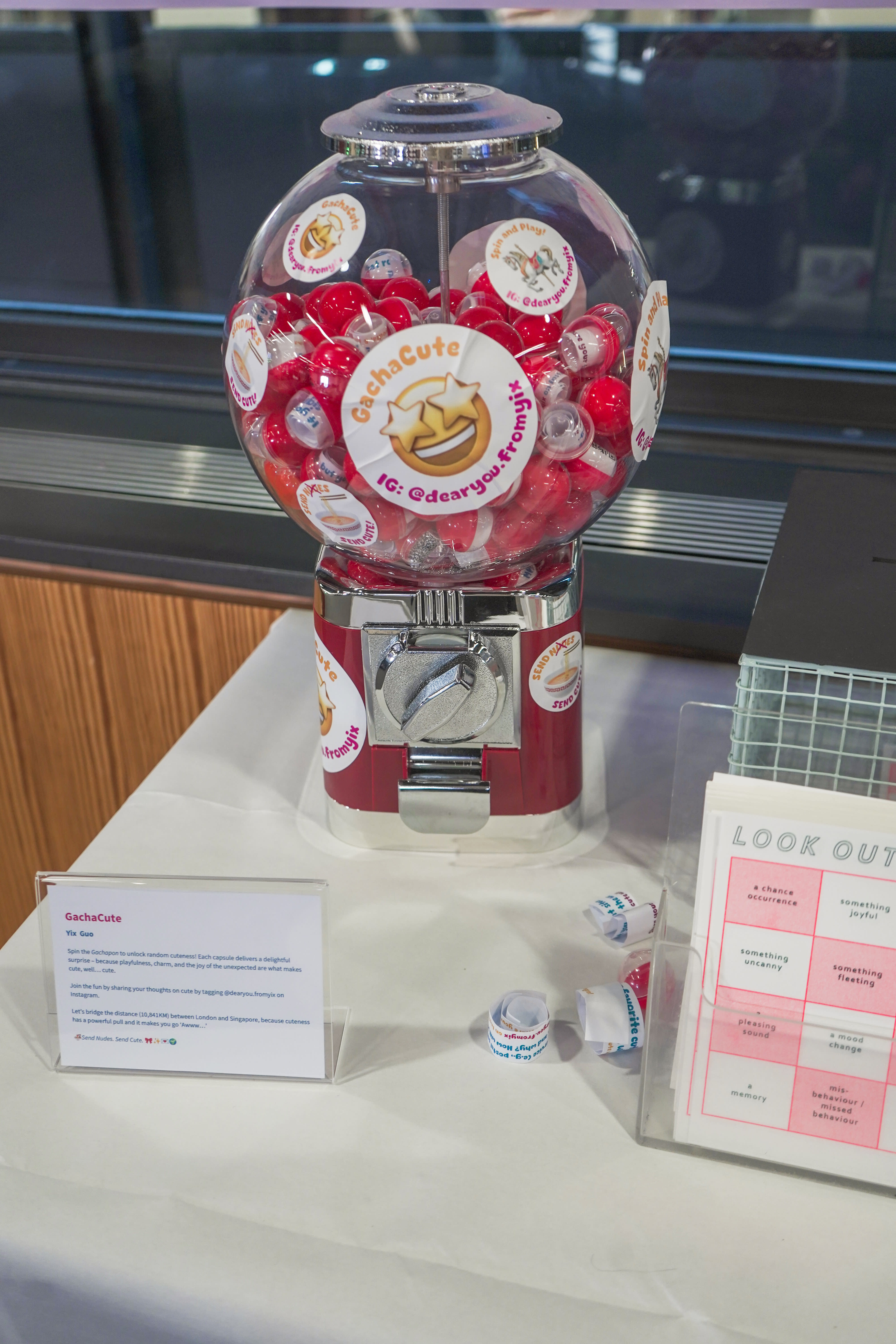
PhD Project 'Play Dead' 2025. Image courtesy of Xiangyu Dong
-
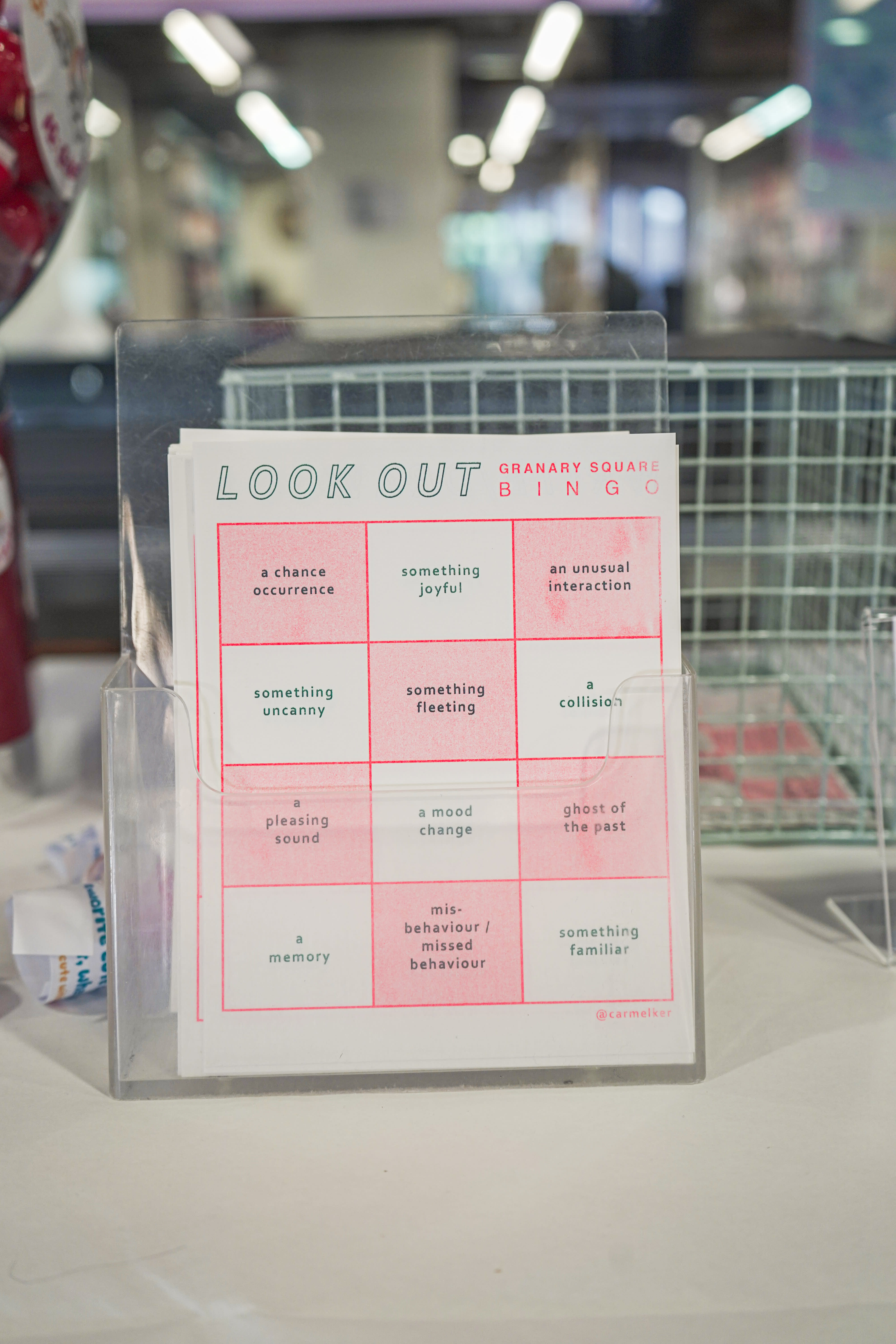
PhD Project 'Play Dead' 2025. Image courtesy of Xiangyu Dong
Rethinking Research Through Play
"PLAY DEAD: Rethinking Research Through Play" wasn't your typical academic symposium. There were no PowerPoint presentations, no panels of experts positioned above an audience, and notably, no emphasis on concrete outcomes or conclusions.
Drawing inspiration from philosopher Erin Manning's question, "What can a body do?" and Deleuze's notion of "starting from the middle," the event invited participants to reconsider how knowledge is created, shared, and experienced.
-
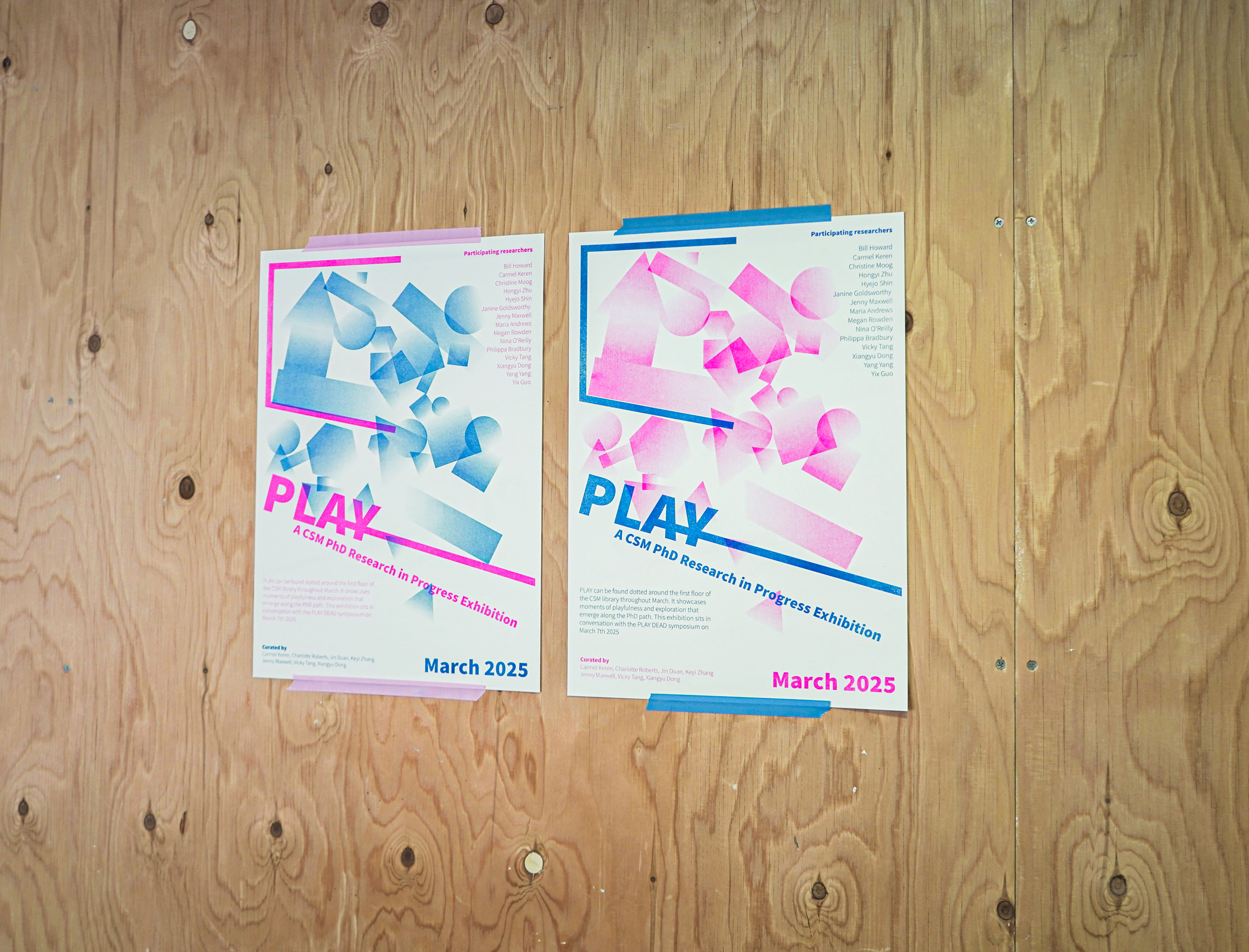
PhD Project 'Play Dead' 2025. Image courtesy of Xiangyu Dong
-
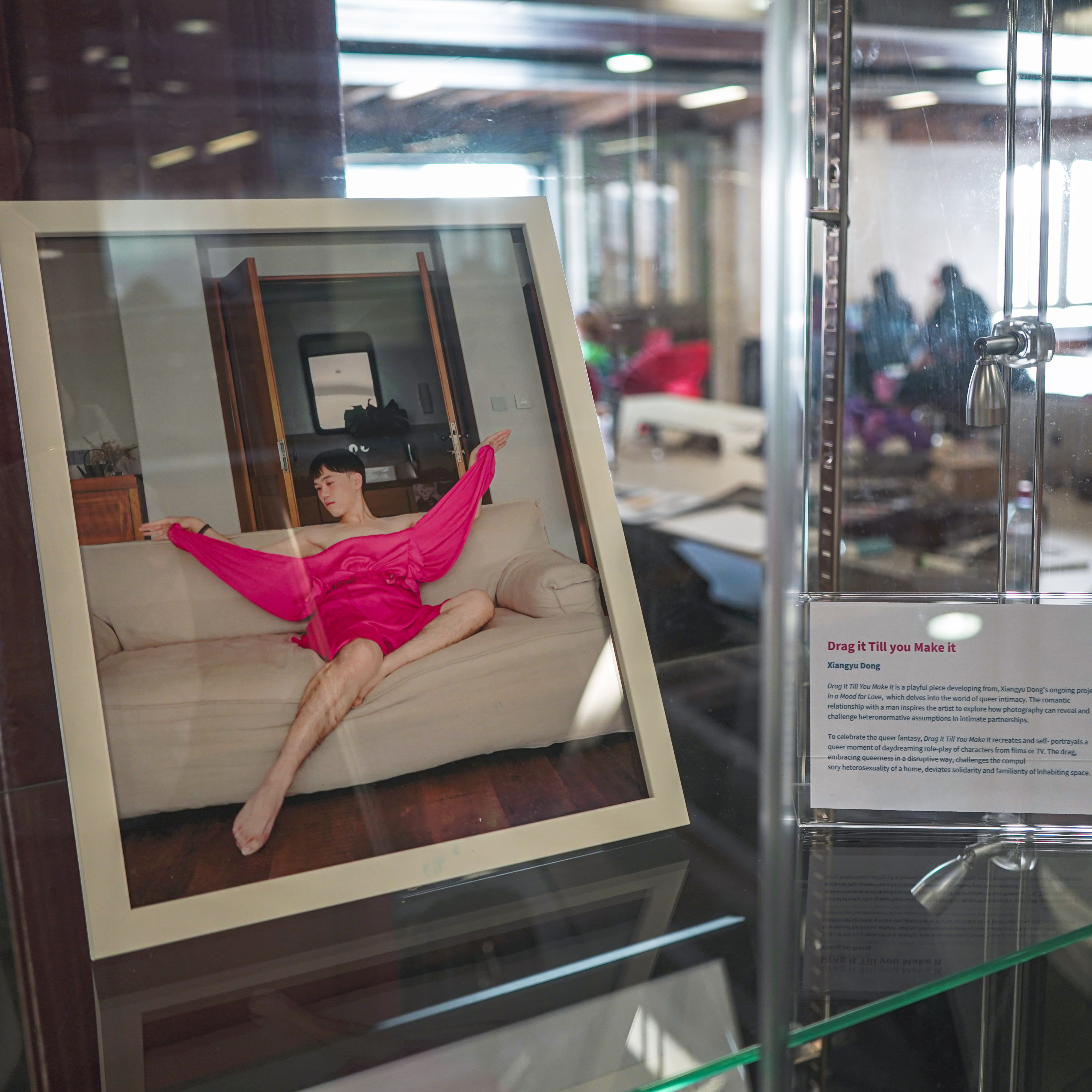
PhD Project 'Play Dead' 2025. Image courtesy of Xiangyu Dong
Two Streams of Play
The event unfolded across two distinctive but interconnected formats. The first, "THE PLAY-GROUND," occupied the central area of CSM's Street throughout the day. Here, visitors encountered ongoing installations and participatory experiences that they could drop into at any time.
Bill Howard's "Play. Stop. Play." invited participants to deconstruct artists' moving image archives through drawing, writing, and creative destruction. Additionally, Hyejo Shin's "Breathing Minerals" displayed a material library exploring algae's capacity to form minerals from waste materials - a living demonstration of nature's circular design principles.
Sara Vanore Rewkiewicz and Pleurotus's "Beyond My Ken: Gifts for Fungi Companions," invited attendees to give personal objects and hand-written notes to growing mycelium, embracing the uncertainty of what might "fruit" from this cross-species collaboration.
The second format, "PLAY-GROUPS," offered scheduled activities throughout the day. These ranged from Carmel Keren's "A Play with Public Space: Granary Square Bingo," which transformed participants' relationship with the surrounding environment through movement and observation, to Lucy Jane MacAllister Dukes's "Mossibilities," which invited participants to engage with the "ancient embodied knowledge of moss" through sensory play and creative collaboration.
What united these diverse offerings was an emphasis on embodiment and materiality. In a research context often dominated by text and verbal discourse, "Play Dead" privileged tactile experience and physical engagement. Janine Goldsworthy's "Kneading Touch" workshop explored "longing, distance and connection through hands-on creation with broken objects," while Megan Rowden's clay workshop investigated "how the familiar, tactile nature of clay helps artists, audiences and the material build emotional connections."
Even activities that might have veered toward traditional academic formats, such as Philippa Bradbury and James N. McVicker's presentation on deafblind focus groups for graphic design, were reframed through the lens of collaborative artwork exploring their relationship.
-
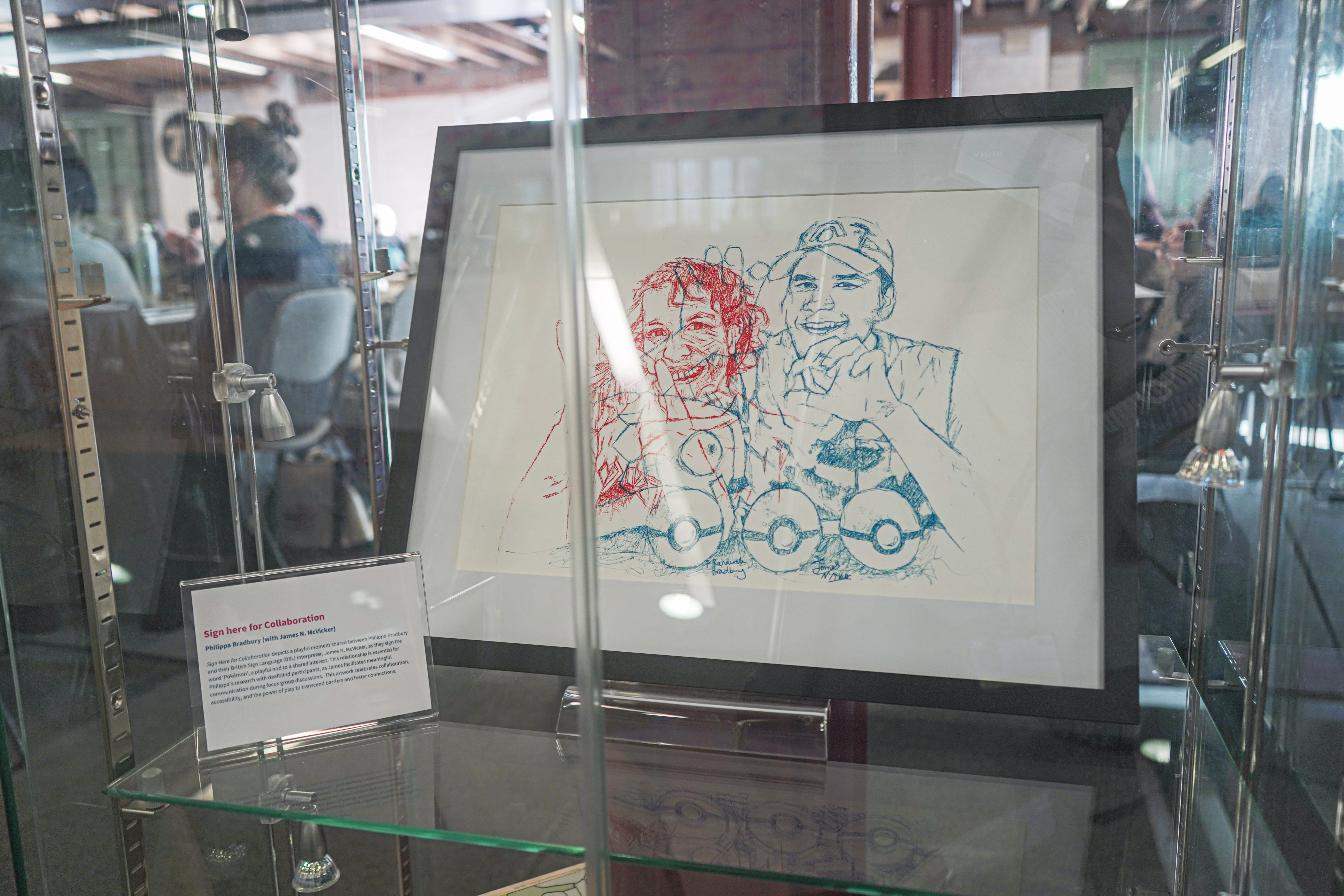
PhD Project 'Play Dead' 2025. Image courtesy of Xiangyu Dong
-
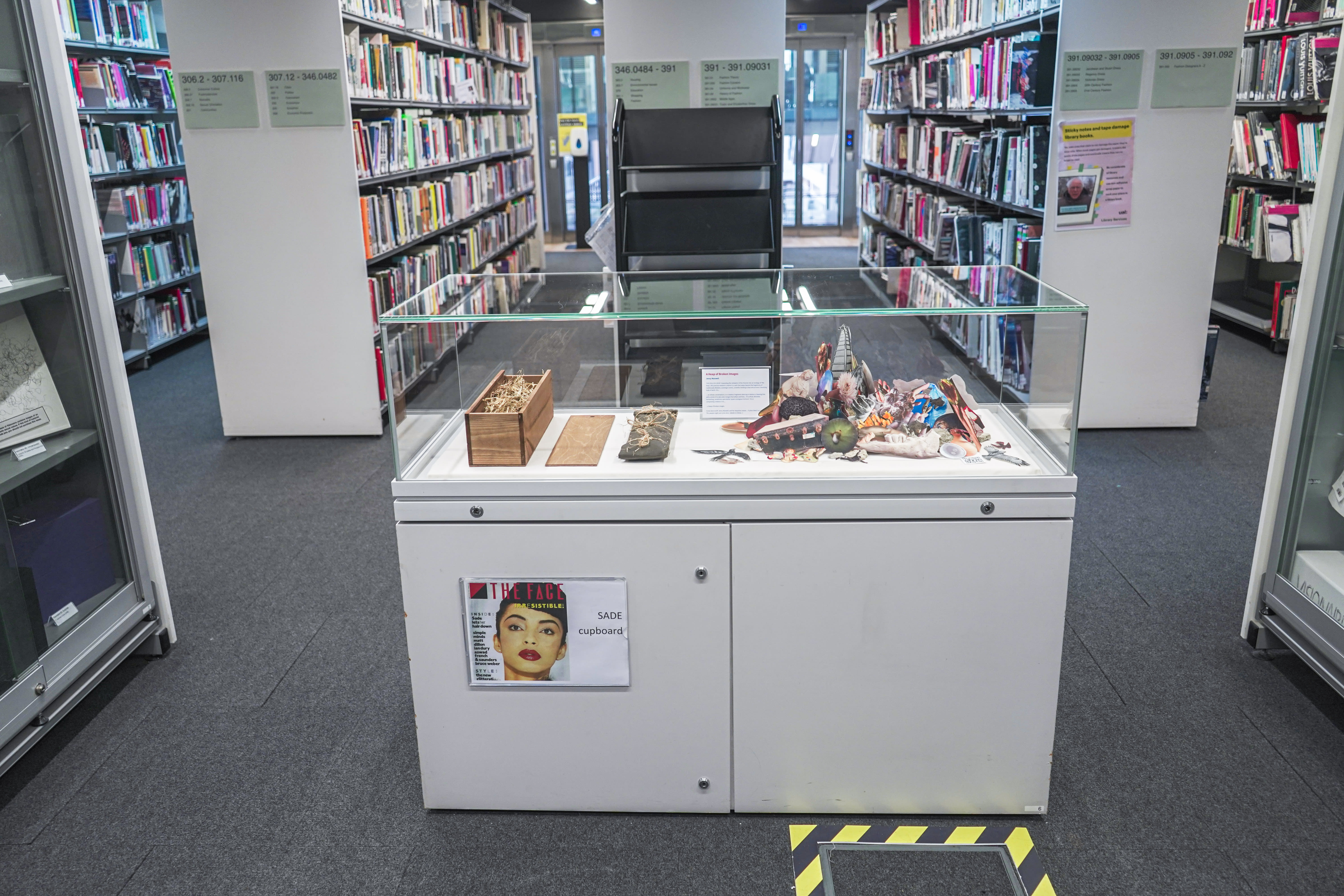
PhD Project 'Play Dead' 2025. Image courtesy of Xiangyu Dong
-
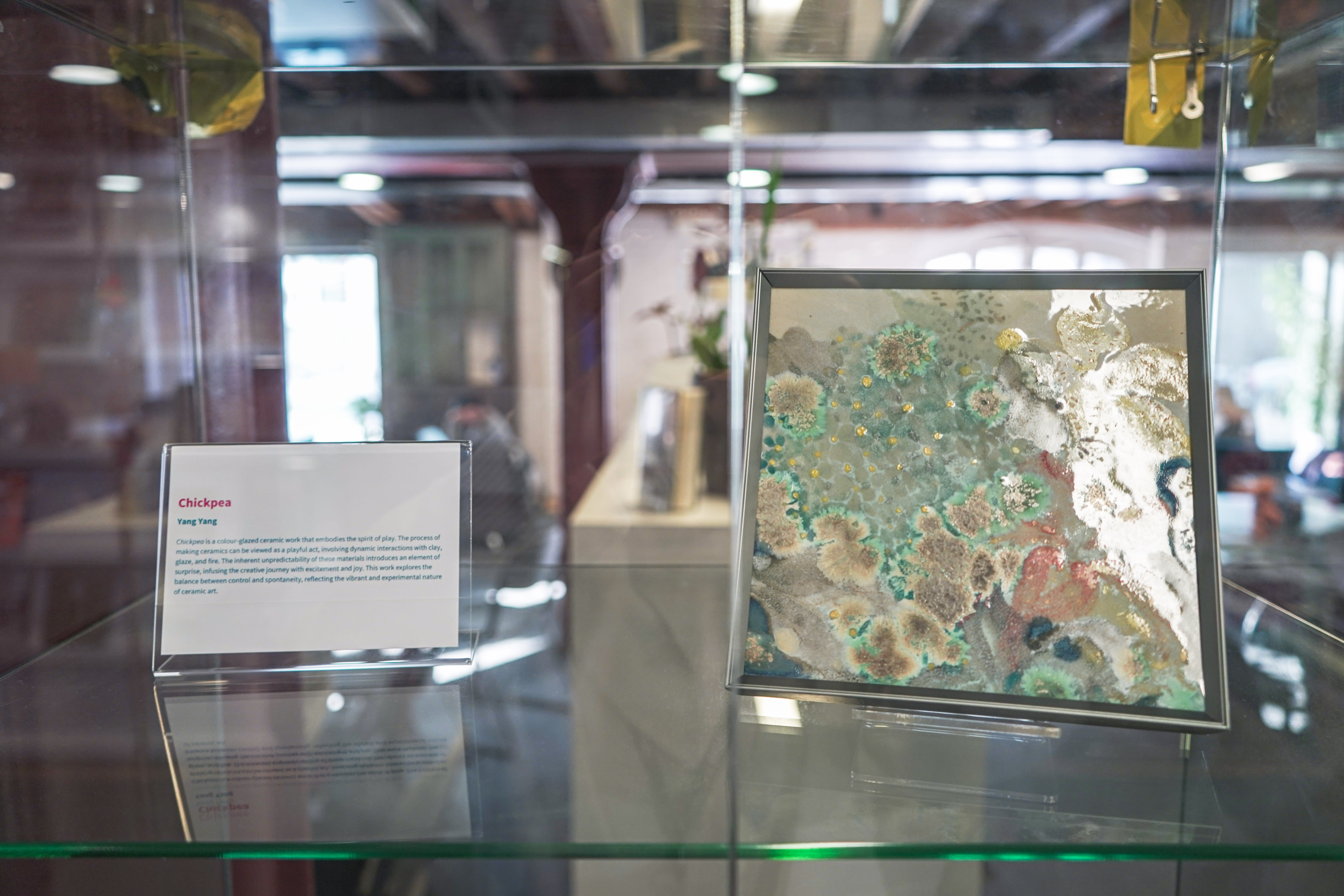
PhD Project 'Play Dead' 2025. Image courtesy of Xiangyu Dong
From Academic Isolation to Collective Inquiry
For many PhD researchers, the journey can be isolating, hours spent alone with thoughts, texts, and materials. "Play Dead" offered an alternative vision of what research could look like when practiced collectively.
Agnese Politi's intervention, "Co-Making Matters: Knowledge as a Commons," directly addressed this theme, inviting "a collective investigation into how research is shaped by power, access and exclusion" and exploring how knowledge can be enacted as a practice of "commoning."
The day concluded with a screening of the 2022 film "Unrest" directed by Cyrl Schaubin, a film set in an 1877 Swiss watchmaking town that showcases a community's response to capitalist demands during a significant moment in history—a fitting conclusion to a day that questioned established structures and proposed alternative modes of being and creating together.
-
PhD project 'Bookmark' 2024. Image courtesy of Abbie Vickress
-
PhD project 'Bookmark' 2024. Image courtesy of Abbie Vickress
-
PhD project 'Bookmark' 2024. Image courtesy of Abbie Vickress
Continuing the 2024 Vision: BOOKMARK to Play Dead
In retrospect, "Play Dead" felt less like an event and more like a question that continues to resonate: What might academic research look like if it privileged play, embodiment, and collective inquiry over individual production and concrete outcomes? The symposium modeled a different relationship to time, space, and the body.
"Play Dead" builds upon the foundation laid by last year's successful PhD student-led initiative, "BOOKMARK: PhD Work in Progress". That month-long exhibition in the CSM Library featured work by 11 PhD students and was accompanied by three distinctive workshops: Abbie Vickress and Ziqi Guo's "GRAPHIC P\A\U\S\E," which invited participants to experiment with graphic disruptions in the reading process; Vicky Vijia Tang's "Tracing the Self," exploring physicality through drawing and embodied movement practices; and Simon Banos's "i-curation," which investigated how Instagram users' curatorial practices might inform traditional museum exhibition-making.
While "BOOKMARK" created space for PhD work within the institutional context of the library, "Play Dead" expanded this student-led vision by transforming a central public space into a dynamic site for collective experimentation. Both initiatives reveal an objective within the CSM PhD community to reimagine how research can be shared and moving beyond traditional academic formats toward more accessible, and participatory ways of engagement.
In an academic landscape increasingly dominated by metrics and outcomes, the evolution from "BOOKMARK" to "Play Dead" stands as a reminder that sometimes the most valuable research happens in the spaces between; in the pause, the play, and the collective reimagining of what knowledge can be.
